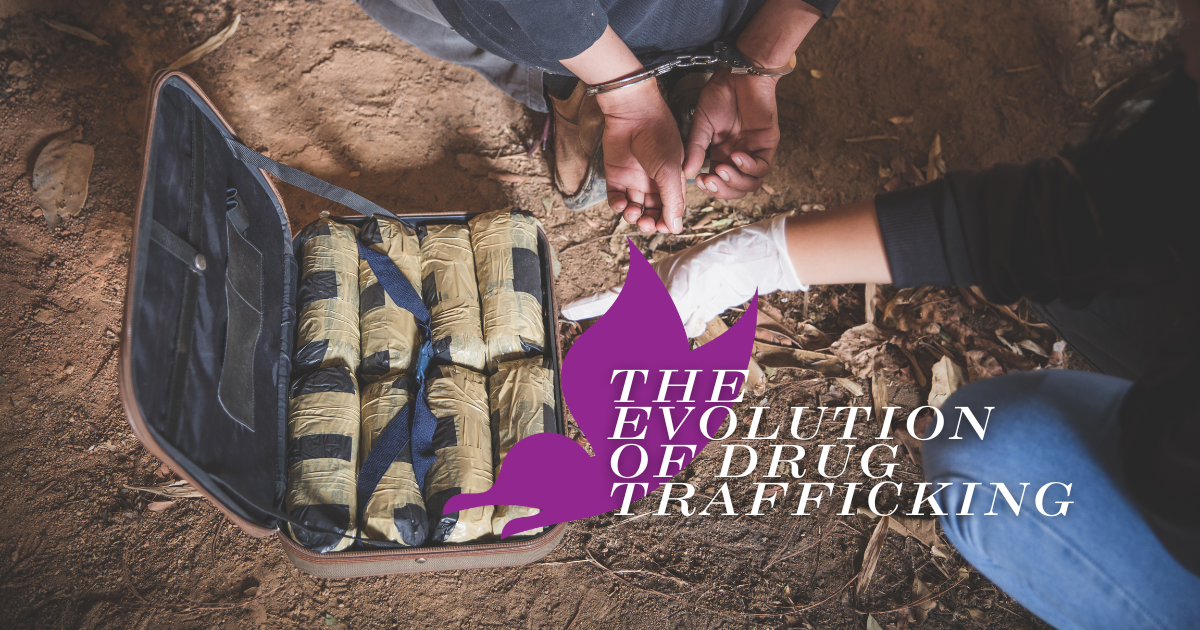Updated: May 4, 2023, at 12:30 p.m.
In the world of addiction, recovery, and sobriety, nearly everyone has heard of Alcoholics Anonymous (AA) or Narcotics Anonymous (NA). Both have been around for some time. AA had its beginnings in 1935 and NA in 1953. It makes sense, then, that fewer people have yet to encounter SMART Recovery, which is relatively new to the scene.
SMART Recovery first got its start in 1985 as Rational Recovery. With a self-empowerment approach, Rational Recovery helped many people find success in their recovery journey. It later was rebranded in 1994 as SMART Recovery, or Self-Management and Recovery Training.
Without discounting the value and obvious success of 12-step groups like AA and NA, I want to recognize how SMART Recovery has grown into a strong, cutting-edge, and promising program in the addiction and recovery space and for overall behavioral change. It is also the model that we use at Landmark Recovery, for various reasons.
What is SMART Recovery?
SMART Recovery, short for Self Management And Recovery Training, encourages individuals to accept full responsibility for their choices, take charge of their own lives, and leave addiction behind. Its primary goal is to help the person in treatment overcome their self-defeating thinking that, ultimately, will hinder long-term sobriety and lead to relapse.
SMART Recovery’s four-point program follows scientifically based methods for behavioral change in general and not just for overcoming addictions. It teaches individuals how to manage their behavior by focusing on their unhealthy thought patterns and beliefs. For example, being able to understand why they gravitate towards drugs or alcohol, why they hurt people (including themselves), and how they can effectively make small but lasting changes are a few of the profound lessons they can learn in SMART Recovery.
This “teach-them-to-fish” approach offers participants a certain practicality and usefulness. The self-regulation tools they gain in SMART Recovery not only help them grow in confidence but also build an inner resiliency to navigate life’s challenges and failures. It teaches them to sail on both calm and stormy waters.
The program does not make false promises or claim to be the one-size-fits-all approach for everyone. It does, however, encourage individuals to examine themselves deeply, in a way they perhaps never have before.
SMART Recovery Meetings
Much like AA, the principles underpinning SMART Recovery are mutual support, confidentiality, and accessibility, but they are tied together with SMART evolving scientific knowledge.
Unlike AA, the prime focus of SMART Recovery is on self-empowerment as a means of accepting full responsibility rather than handing this off to a higher power. That said, while often positioned as non-spiritual, it is perfectly possible for anyone spiritually inclined to participate. SMART Recovery programs also can be followed in tandem with a spiritually-based alternative like AA.
In group meetings, every participant has the opportunity to speak about how their recovery is progressing. By working on the four points, participants learn to control addictive behavior through self-reliance and positive coping strategies. The techniques applied to achieve this are borrowed from the disciplines of:
- CBT (cognitive behavioral therapy)
- MET (motivational enhancement therapy)
- REBT (rational emotive behavior therapy)
Just as SMART Recovery can help with a range of behaviors, including addictions, it also can help friends and family of the participant. Loved ones are taught how to help motivate and encourage their person throughout the recovery process.
The Tools of SMART Recovery: A 4-Point Program
Unlike the 12-step model which is followed strictly step-by-step, SMART Recovery is a four-point program and does not need to be followed consecutively.
The four points of SMART Recovery are as follows:
- Point 1: Building and Maintaining Motivation
- Point 2: Coping with Urges
- Point 3: Managing Thoughts, Feelings and Behaviors
- Point 4: Living a Balanced Life
Building Maintaining Motivation
Without the willingness and dedication to recover from drug and alcohol abuse, long-term recovery will always be based on fragile foundations. One of SMART Recovery’s key approaches to enhance motivation? Weighing the pros and cons of a life of recovery.
For most people, setting aside addictive behaviors leads to dramatic improvements in terms of health, wellbeing, and relationships. Recovery also can lead to a productive and financially stable lifestyle. On the flipside, continuing down the path of dependence or substance abuse includes neglected responsibilities and squandered potential. Relationships tend to unravel. Health and nutrition suffers. The long-term outlook is bleak.
By rigorously assessing the upsides of recovery and the negative consequences of continuing down a path of substance use, motivation can be strengthened.
Coping With Urges
Cravings for alcohol or drugs are an inevitable part of recovery, but SMART Recovery helps participants create effective coping strategies that minimize the chance of relapse when these urges arise.
SMART Recovery’s strength is that it teaches participants various techniques to combat these cravings. Some include investigating the root causes of triggers, practicing mindfulness, and learning how to identify and overcome irrational beliefs that can lead to a relapse.
There are many acronyms used in SMART Recovery, and the ABCs is one extended exercise used to attack cravings head-on:
- A: Activating Experience – Identify the triggers that lead to relapse.
- B: Beliefs – Whether rational or irrational, reality-based or wishful-based, SMART Recovery teaches individuals to dispute and dismantle these beliefs (particularly when they’re irrational) that can lead to substance abuse.
- C: Consequences – For every action, there is a reaction. SMART Recovery teaches that a consequence is the direct result of allowing a trigger to cause a negative reaction.
With that bedrock set in place, SMART Recovery teaches that urges are fleeting and by delaying urges for a short time, they can be effectively resisted. Strategies for combating cravings include escape, acceptance, and substitution.
Managing Thoughts, Feelings, and Behaviors
This point explores why participants think the way they do, including the irrational beliefs and distorted thinking that can be responsible for relapse.
Whether it is being placed in a compromising situation like a party or a general emotion that brings about a craving, awareness is key to overcoming it. Some triggers can be worked through while others are better to be avoided completely.
Living a Balanced Life
The crux of the fourth point is rebuilding and planning for the future based on both short-term and long-term goals. This is achieved by taking inventory of the things that are important and working to put them into practice.
Coping skills and relapse prevention, along with taking advantage of community resources, play valuable roles in recalibrating life so it is more rewarding and sustainable.
How Can I Get More Information about SMART Recovery?
If you are interested in SMART Recovery at Landmark Recovery, call our confidential admissions line at 888-448-0302. We can arrange for you or your loved one to begin treatment at your nearest Landmark facility.




